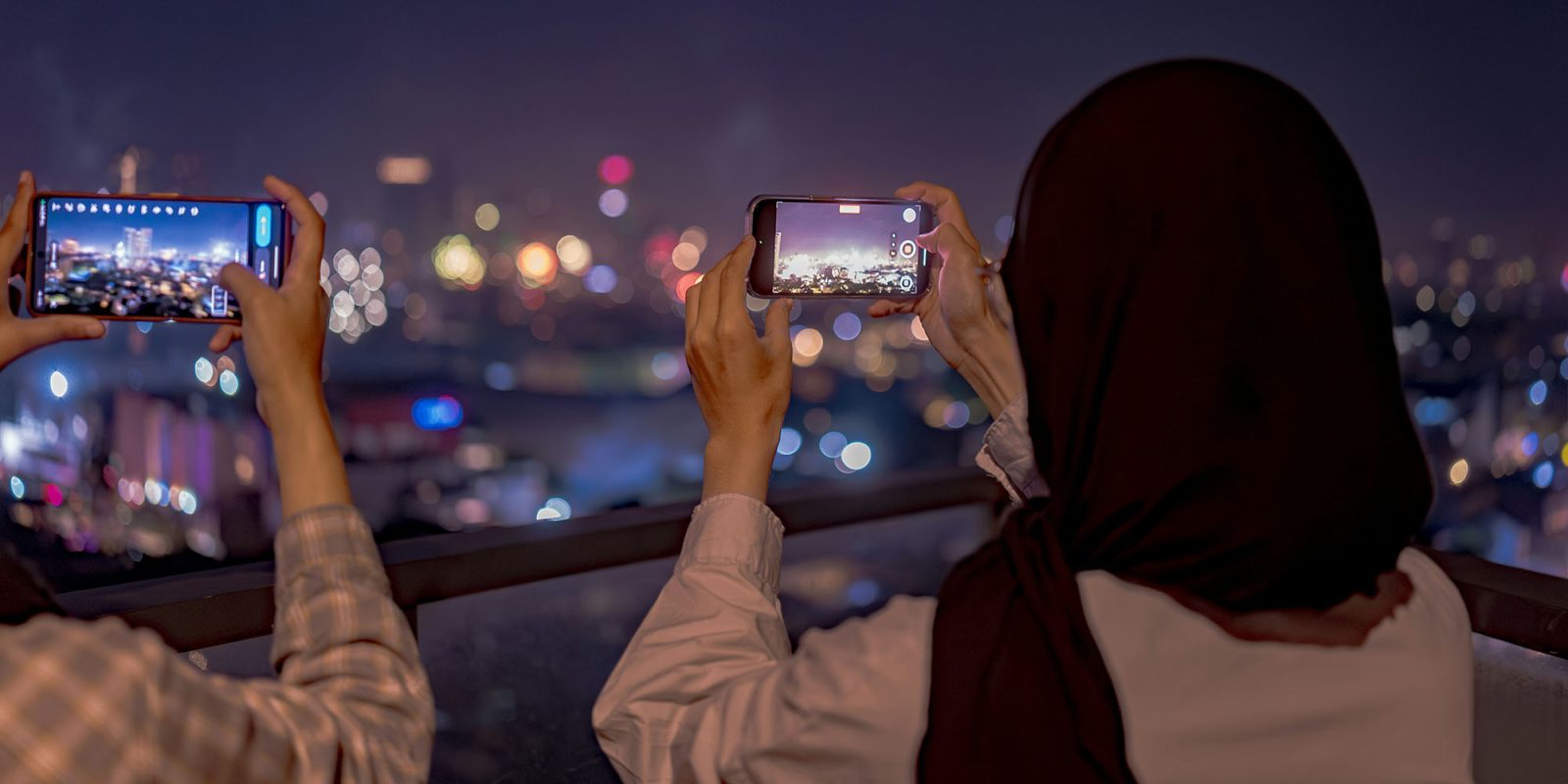A billion dollars later, the iPhone 16 is still banned in Indonesia, for a bizarre reason
The iPhone 16 is still banned from sale in Indonesia, despite Apple promising to invest a billion dollars in the countrys economy.Apple had initially had offers of first $10M and then $100M rejected by the Indonesian government, before offering a cool billion dollars worth of manufacturing which is exactly what the country demanded The saga so farThe governments of populous countries are getting increasingly savvy about seeking a quid pro quo for giving Apple access to their markets, demanding inward investment in return.For example,Indiafamously refused permission for Apple stores in the country until the iPhone maker set up large-scale manufacturing within the country.Indonesia started out with a more modest demand for Apple to invest $109M ina developer academy there, with a further $10M manufacturing spend.However, when this target wasnt quite hit, the government upped the ante dramatically. Itbanned the iPhone 16 from sale, and demanded afarlarger investment.Apple initially offered $100M, but the government said that wasnt enough. It then said it wanteda billion dollar manufacturing spendin the country. We heard last month thatApple had agreed to this, and it was subsequently revealed that this would take the form of large-scale AirTag manufacturing.Government rejects billion dollar dealHowever, despite Apple agreeing to the request sum, Reuters reports that the government still refuses to un-ban the iPhone 16 for a bizarre reason.That reason? Indonesia now specifically insists that Apple manufacture iPhone parts in the country; AirTags dont count.Minister Agus Gumiwang Kartasasmita said Apple had struck a deal to build a facility producing its Airtag tracking device on Indonesias Batam island, close to Singapore, but that still would not count as a locally-made iPhone part.There is no basis for the ministry to issue a local content certification as a way for Apple to have the permission to sell iPhone 16 because (the facility) has no direct relations, he said, adding the ministry would only count phone components.9to5Macs TakeIndonesia was already playing hardball here. The government could have threatened to ban iPhone sales unless Apple agreed to its demands, and perhaps implemented the ban during negotiations to show that it was serious and to accelerate the process. Instead, it imposed a ban as its opening move.Its no surprise that the country wanted a decent chunk of investment by Apple. Indonesia is the fourth most populated country in the world, behind China, India, and the USA. It has seen the Indian government successfully pressure Apple into making massive manufacturing investments there, and figured it also deserved a decent slice of the pie in return for access to its market of 284M people.But one might wonder why it cares what is made there? A billion dollars of AirTag production spends just like a billion dollars of iPhone component production. My theory is that it is playing a high-stakes poker game. It wanted Apple to first commit to the AirTag plant, and then play the iPhone card to obtain even greater investment.Ultimately, Indonesia is likely to win. It may or may not get another billion dollars, but with so many potential iPhone 16 customers at stake, Apple will for sure offer something more.Photo byAlimonUnsplashAdd 9to5Mac to your Google News feed. FTC: We use income earning auto affiliate links. More.Youre reading 9to5Mac experts who break news about Apple and its surrounding ecosystem, day after day. Be sure to check out our homepage for all the latest news, and follow 9to5Mac on Twitter, Facebook, and LinkedIn to stay in the loop. Dont know where to start? Check out our exclusive stories, reviews, how-tos, and subscribe to our YouTube channel


